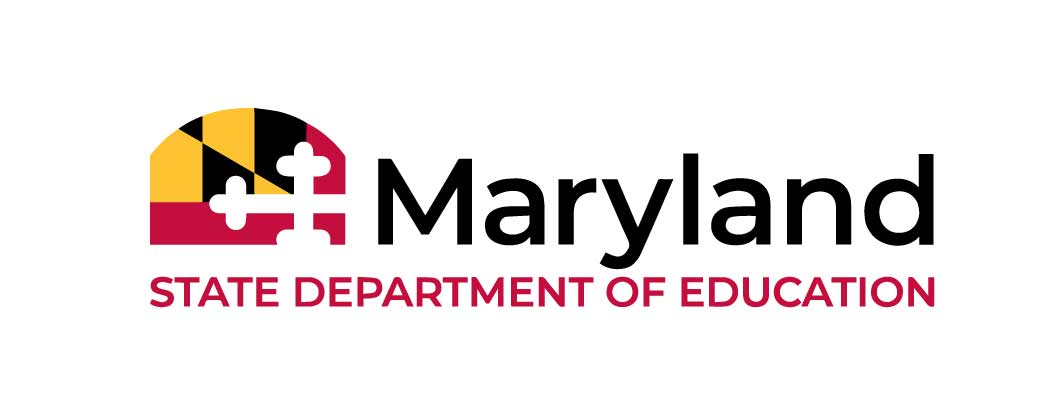Transition Talks: Spotlight on Self-Advocacy

This issue of Transition Talks highlights the Evidence-Based Practice (EBP) of Self-Advocacy. Self-Advocacy has been proven through research and practice to improve the ability of students to speak up for their disability rights, take control of their lives, set personal/academic goals, and take responsibility (Rowe et al., 2013; Field et al., 2013; Richman et al., 2014). These findings support the teaching of self-advocacy skills for all transition-aged students with disabilities.
What is self-advocacy and why is it so important for students to know? Self-advocacy is the ability to make choices, solve problems, set goals, evaluate options, and speak up for your rights (Rowe et al., 2013). Students must be taught these components of self-advocacy while in school and be given opportunities and support to practice being a self-advocate as they transition from high school to adult life. More importantly, self-advocacy is about students understanding their disability, as well as their strengths and needs in order to know how they learn best and the accommodations and support that work best for them. We know the importance of providing opportunities to practice self-advocacy skills because once students leave school and enter their community, employment, and/or postsecondary education, it is a crucial skill.
Spotlight
Montgomery County Public Schools
Transition Coordinator: Simone Geness
Transition 101 Course
Montgomery County Public Schools is developing an online course that consists of 15 lessons and focuses on self-advocacy and pre-employment skills for 9th and 10th graders. The purpose of this course is to increase self-advocacy skills for students with disabilities and prepare them to be job ready before they graduate from high school. The course will be piloted in June and July 2019 during MCPS summer school sessions for high school students. Students will earn 0.5 elective credits for successful completion of the online class.
The Transition 101 course will cover the following self-advocacy skills:
- Choice-making,
- Self-awareness,
- Communication,
- Goal setting and action planning,
- Knowledge of resources and rights.
Montgomery County Public Schools will develop an additional online course called Transition 201 for implementation during summer 2020. This course will be a continuation of the first course to provide a deeper understanding of self-advocacy and job readiness skills. Students will revisit self-advocacy skills and explore career pathways.
Questions to Consider
- Why is self-advocacy important?
- How are self-advocacy skills taught in your LSSs to improve students’ understanding of their disability?
- How do students benefit from using self-advocacy skills both in the classroom & workplace?
- How could your LSS provide more opportunities for students to self-advocate?



